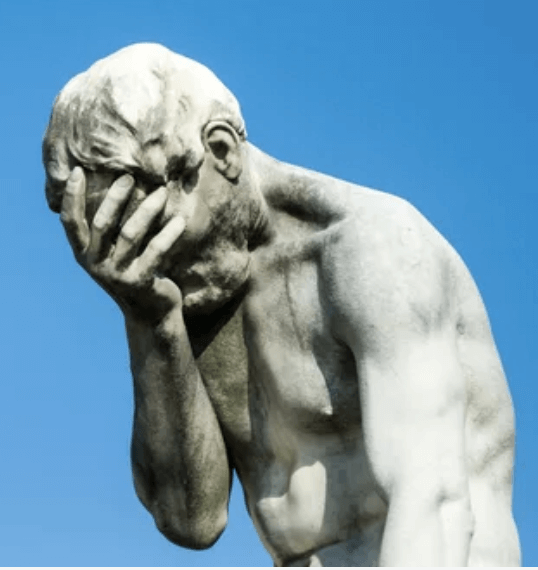As much as critics would like to denounce it as some new, immoral evil, masturbation has been around for as long as human-kind. Let’s discuss the history of masturbation.
The Beginning
From posh wanking to sex toys, there are cave drawings of people masturbating dating back tens of thousands of years. In fact, the earliest known sex toy was a dildo dated back to over 30,000 years ago. Really, if you’re looking in the right place, dildos pop up just about everywhere throughout history.
And it’s not some big secret, either. They appear all over the place in famous works of art, from Shakespeare’s A Winter’s Tale to ancient Grecian vases.
That’s right – masturbation has been around even longer than condoms. It’s been around so long that there are even myths about it. The Egyptian god, Atum, created his two children, Shu and Tefnut, using the ol’ tug and pull. In what is allegedly a joke, Hermes taught his satyr son Pan to jerk it to relieve some sexual tension and Pan taught it to the young shepherds under his care– no doubt perpetuating a stereotype as old as time that shepherds like to stroke their meat while out in the field.
The Shame
In early 1700’s Western Europe, the crusade against Onaism (a new term for masturbation using the name of a sinful masturbator from the Bible) began.
The initial concerns for masturbation are somewhat good-natured. Newly-minted men of science were looking for something to blame for different illnesses. They looked to a Dutch theologian, Balthazar Bekker, who’d written a pamphlet on how choking the chicken was responsible for (just to name a few) impotence, a disturbed digestive system, back pain, pimples, madness, and even suicide.

Unfortunately, these people did not have the tools to understand just how healthy masturbation is at the time. Instead, they enacted a great prejudice which lead to a lot more societal ill than people tossing it in the pleasure of their own homes.
Chastity devices were invented to keep folks going through puberty from touching themselves. Shame and guilt were used to control people even to political levels.
It got to the point where female masturbation was such an unheard of thing that women suffering from intense sexual repression, were deemed as having a new disease, which physicians called hysteria. To soothe this madness, doctors found a brand-new way to treat their female patients: by applying a vibrating motor to the clitoris.
That’s right. Masturbation was so shunned and repressed, doctors found a new way to treat it: masturbation.
As an interesting note, the first ever instance of anaesthesia was created in order to cure a habitual masturbator of his supposed-woes.
We actually covered a series of masturbation myths, many of which were created during that period of time and still persist t0 today!
Persevere!
But despite all this, masturbation was never completely eradicated from human society. Why? Because it’s a natural part of human biology. It’s an impulse the same as scratching a bad itch or wanting to shower when you’re dirty. And it’s found in nearly every human culture around the globe.
The only exception is several ethnic groups in the African Congo Basin (check out this fascinating article from The Atlantic). According to ethnographers, these groups consider sex to be, “the work of the night.” Couples have sex so frequently at night that masturbation is not a behavior anyone engages in (although they don’t seem to consider it shameful).
And that doesn’t mean you’re alone in the western world if you don’t masturbate. Not everyone does and no one should feel forced into doing so. Some people, be they asexual or anywhere else on the sexual spectrum, don’t feel the need to masturbate. And that’s cool.
Take-Away
The next time you start to feel ashamed for indulging yourself in some self love, remember that you aren’t the first person in history to do so.
So long as you aren’t letting it interfere with the rest of your life (check out our all-important article, ‘Too Much Masturbation?’), masturbation is a perfectly healthy, positive habit.
